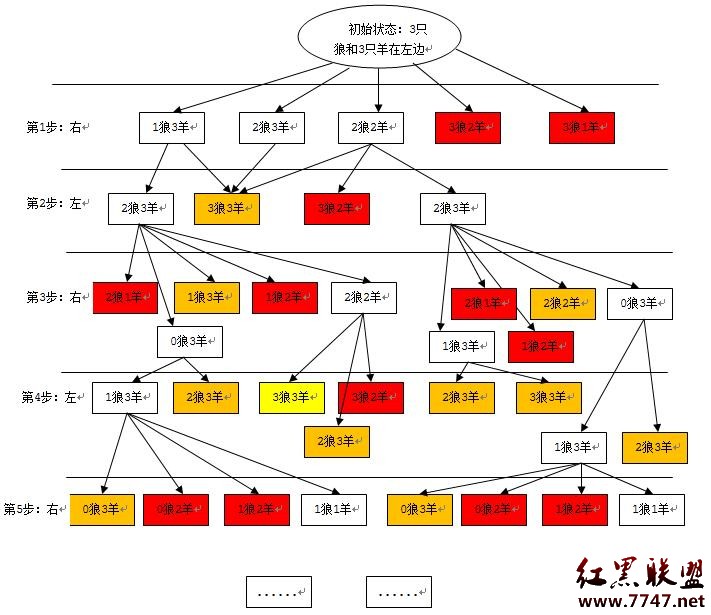希望对你有所帮助
package com.neo.project;import java.util.ArrayList;import java.util.Collections;public class StudentModel {private String id;private String name;private Integer score;public void setId(String id) {this.id = id;}public String getId() {return id;}public void setName(String name) {this.name = name;}public String getName() {return name;}public void setScore(Integer score) {this.score = score;}public Integer getScore() {return score;}public ArrayList<Integer> sortByScore(ArrayList<Integer> scoreList) {Collections.sort(scoreList);return scoreList;}}复制代码
package com.neo.project;import java.util.ArrayList;public class TestStudent {private String[] studentIds = {"22", "11", "66", "44"}; private String[] studentNames = {"Neo", "Yen", "Roger", "Danny"};private Integer[] studentScores = {98, 58, 75, 41};private ArrayList<StudentModel> studentList = new ArrayList<StudentModel>();public TestStudent() {createStudentModel();outputStudentModel();sortByScore();}private void sortByScore() {ArrayList<Integer> scoreList = new ArrayList<Integer> ();if (isEmptyList(studentList)) {return;}for (int i = 0; i < studentList.size(); i++) {Integer score = studentList.get(i).getScore();scoreList.add(score);}if (isEmptyList(scoreList)) {return;}ArrayList<Integer> sortedList = (new StudentModel()).sortByScore(scoreList);System.out.println("\nSort by score:");for (int i = 0; i < sortedList.size(); i++) {System.out.println(sortedList.get(i));}}private void outputStudentModel() {if (isEmptyList(studentList)) {return;}for (int i = 0; i < studentList.size(); i++) {StudentModel model = studentList.get(i);String id = model.getId();String name = model.getName();Integer score = model.getScore();System.out.println("id = " + id + ", name = " + name + ", score = " + score);}}private void createStudentModel() {StudentModel studentModel = null;for (int i = 0; i < studentIds.length; i++) {studentModel = new StudentModel();String id = studentIds[i];String name = studentNames[i];Integer score = studentScores[i];studentModel.setId(id);studentModel.setName(name);studentModel.setScore(score);studentList.add(studentModel);}}private boolean isEmptyList(ArrayList list) {if (list == null || list.size() == 0) {return true;}return false;}public static void main(String[] args) {new TestStudent();}}复制代码
yt2001728
回答数:94 | 被采纳数:115
如果你需要构造类的话 可以这样写
package com.neo.test;public class StaticStudentModel {private String id;private String name;public StaticStudentModel(String id, String name) {if (isEmpty(id)) {System.out.println("student id should not be empty.");return;}if (isEmpty(name)) {System.out.println("student name should not be empty.");return;}this.id = id;this.name = name;}private boolean isEmpty(String str) {if (str == null || str.trim().length() == 0) {return true;}return false;}}复制代码
package com.neo.test;public class CustomizedStudentModel extends StaticStudentModel {private Integer score;public CustomizedStudentModel(String id, String name, Integer score) {this(id, name);this.score = score;}public CustomizedStudentModel(String id, String name) {super(id, name);}public static void main(String[] args) {}}复制代码
package cn.lusha.y09m03; //D 将该类设置到指定包中
public class Test {
// 声明其属性
private String str;
private int integer;
// 声明其构造函数
public Test() {
}
public void specialMethod(){
// C 按要求写出一些特定方法
}
// 在该类中写出MAIN函数测试以上编写的方法
public static void main(String[] args) {
new Test().specialMethod();
}
/**
*为每一个属性设置GET和SET方法
* @return
*/
public String getStr() {
return str;
}
public void setStr(String str) {
this.str = str;
}
public int getInteger() {
return integer;
}
public void setInteger(int integer) {
this.integer = integer;
}
}
 构造1个类A 声明其属性和构造函数B 为每一个属性设置GET和SET方法C 按要求写出一些特定方法D 将该类设置到指定包中E 在该类中写出MAIN函数测试以上编写的方法F 将该类打包成JAR包 有那位大大回答下小弟的初级问题啊,实在是不会,以前女同学要我帮忙问下人。。。
构造1个类A 声明其属性和构造函数B 为每一个属性设置GET和SET方法C 按要求写出一些特定方法D 将该类设置到指定包中E 在该类中写出MAIN函数测试以上编写的方法F 将该类打包成JAR包 有那位大大回答下小弟的初级问题啊,实在是不会,以前女同学要我帮忙问下人。。。 构造1个类A 声明其属性和构造函数B 为每一个属性设置GET和SET方法C 按要求写出一些特定方法D 将该类设置到指定包中E 在该类中写出MAIN函数测试以上编写的方法F 将该类打包成JAR包 有那位大大回答下小弟的初级问题啊,实在是不会,以前女同学要我帮忙问下人。。。
构造1个类A 声明其属性和构造函数B 为每一个属性设置GET和SET方法C 按要求写出一些特定方法D 将该类设置到指定包中E 在该类中写出MAIN函数测试以上编写的方法F 将该类打包成JAR包 有那位大大回答下小弟的初级问题啊,实在是不会,以前女同学要我帮忙问下人。。。


